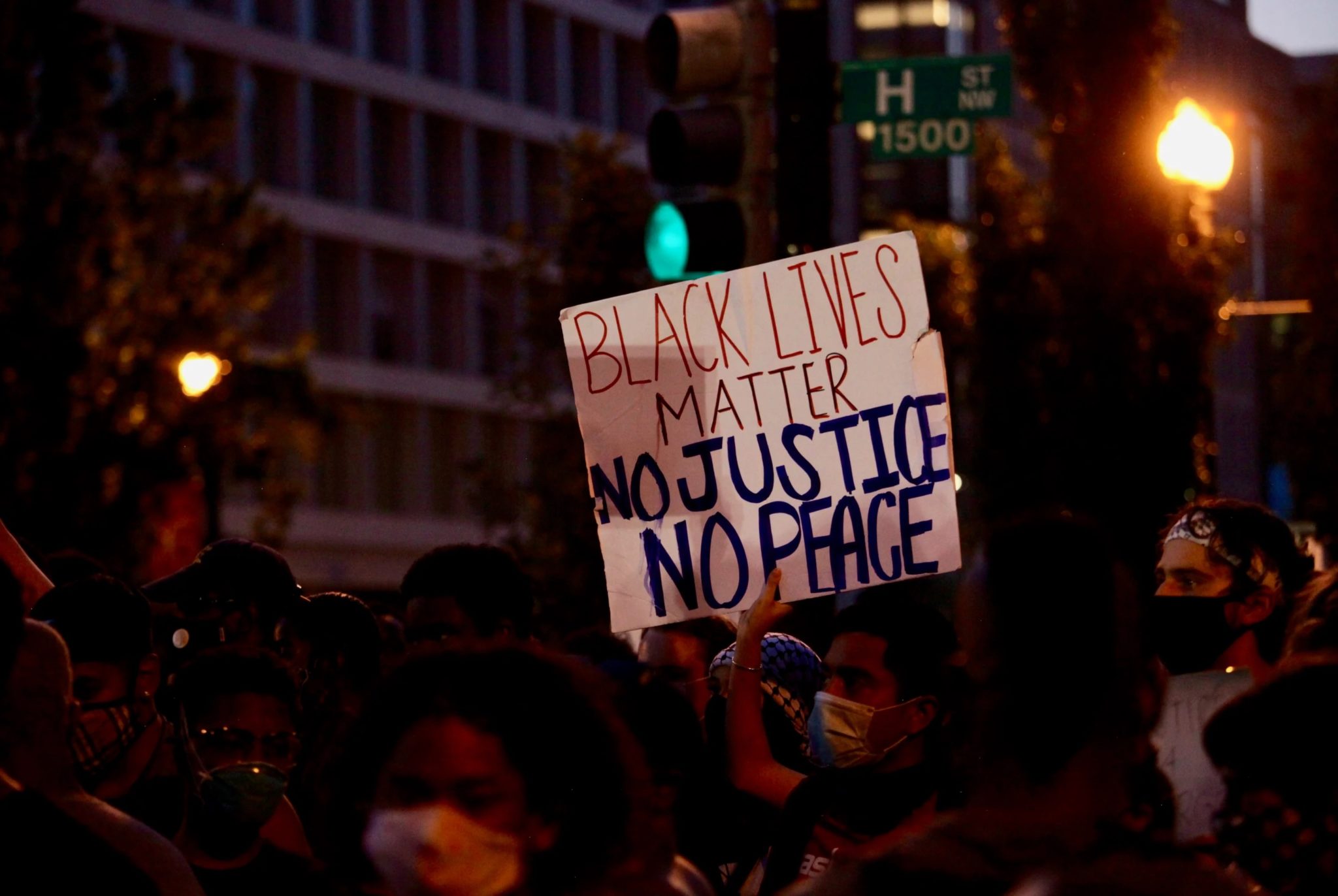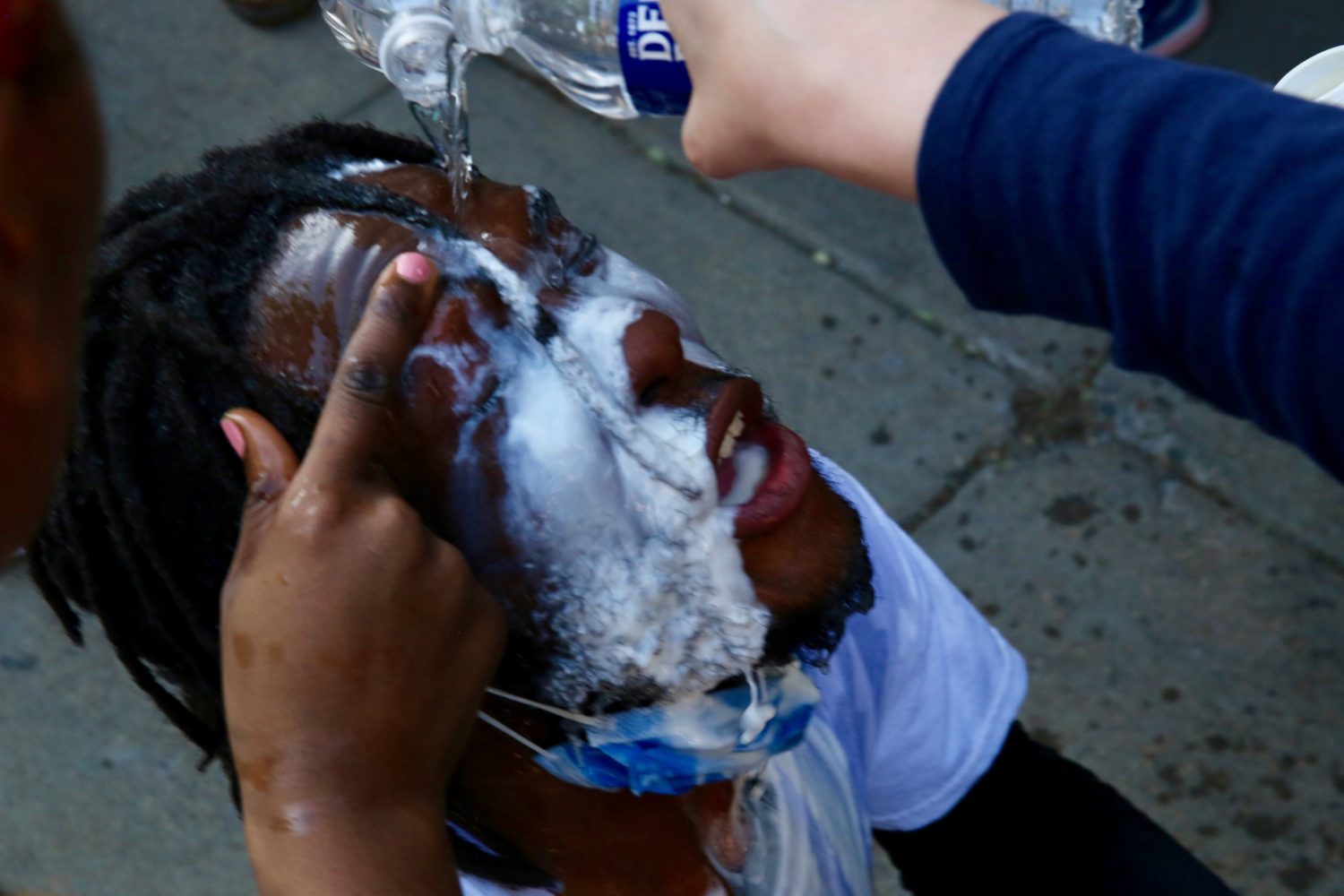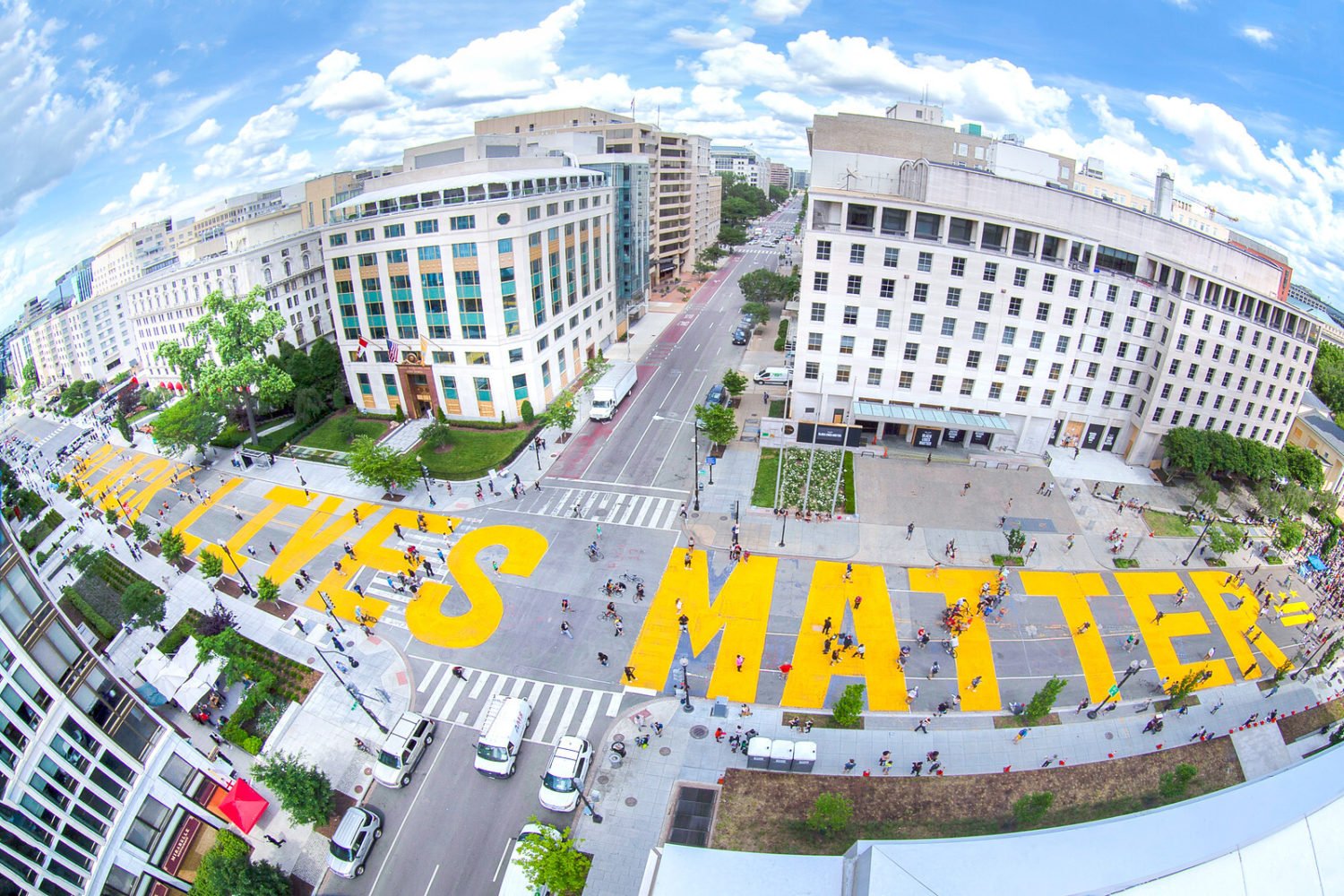In a federal lawsuit filed earlier this week, Kenneth Walker—the boyfriend of 26-year-old EMT Breonna Taylor, who was fatally shot by police in her apartment last March—alleges that Louisville police flagrantly violated his and Taylor’s Fourth Amendment rights during the violent raid. To help him make that case, he has retained two Washington constitutional law experts: former US solicitor general Donald Verrilli Jr. and Georgetown Law professor Cliff Sloan.
“It’s very important for him to get vindication—to get justice and accountability,” says Sloan of his client. “It’s also a way to honor the memory and life of Breonna Taylor, and of trying to ensure that nothing like this happens again.”
Taylor’s death, along with the killing of George Floyd, marked a turning point for the Black Lives Matter movement, and became a primary motivator of last summer’s racial justice demonstrations. According to Walker’s complaint, he and Taylor thought her apartment was being broken into when they were disturbed by loud banging on the door after midnight on March 13, 2020. Walker alleges that Taylor “repeatedly called out to the intruders to identify themselves” but the officers outside never did. The lawsuit describes how the “intruders” burst in, and how Walker, a licensed gun-owner who believed armed assailants were in the home, fired a round. The officers, according to the complaint, “responded with a fusillade,” killing Taylor.
So-called “no knock” search warrants, says Sloan, are plainly illegal. “It’s a constitutional requirement that police knock and announce themselves, unless there are special circumstances, like it’s very dangerous.” Not only were there no such circumstances in this case, says Sloan, but police got their warrant for Taylor’s apartment based on “fraudulent information.” The lawsuit alleges that a detective obtained the warrant by falsely stating he’d verified that packages for a suspected drug-dealer had been sent to the address. (No drugs were found in Taylor’s apartment.)
Walker has several Louisville attorneys on his team, too. One of them is an old family friend of Sloan’s, which is how Sloan got involved. Sloan, in turn, recruited his longtime friend, Verrilli. Both DC lawyers are experienced Supreme Court advocates, which could potentially come in handy. “We think that the law is clear and settled about the violation of [Walker’s] constitutional rights, but we’re prepared to litigate this vigorously at every stage, including going to the Supreme Court if necessary,” says Sloan. He points out that in past Supreme Court cases involving Fourth Amendment protections against unreasonable searches and seizures, “the thing the justices have emphasized— including justices like Justice Scalia—is that the point of a knock-and-announce is exactly to avoid danger, and this exact situation.”
Beyond Walker’s specific claims, the lawsuit also alleges a pattern of problematic search warrants within the Louisville Metropolitan Police Department, and a failure to train officers in using reasonable force. Walker does not specify a damages amount.




















